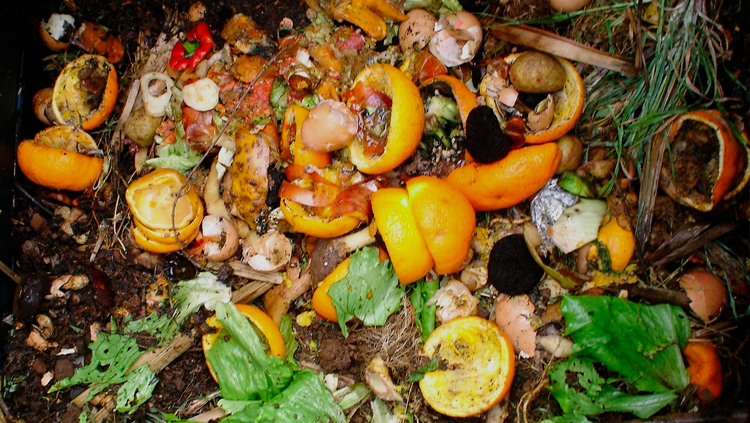Skill Development in Garbage/Waste Management
“We believe in recycling our food scrap back in to soil”:
Composting is a process that takes residual organic materials- i.e. food scrap, leftovers, dry leaves and turn them into a nutrient-rich product called “COMPOST” .We support the local economy and local farmers and growers by composting our food waste instead of dumping it in landfill or down the drain.
Vision & Mission
This Prestigious program from IIP Foundation-Noida has been designed with a specific purpose to identify, nurture, and to support semi urban and rural area youngsters, who are interested for entrepreneurial skill development across the country to realize their dreams and are interested to serve society.
The program imparts the essential knowledge how to start one’s own business venture in GARBAGE/ WASTE management and the various facets that influence the successful set up and operations.
Entrepreneurial Start-Up course on Waste/Garbage Management
- Level / Education : - Intermediate
- Commitment - 4 Weeks (1-2 Hours Daily)
- Language - Hindi / English
- Certification - From IIP Foundation / NISBUD
Syllabus
Week 1: Introduction to waste/Garbage management
The course begins with an overview of the current waste/garbage situation in developing countries. We will introduce the integrated sustainable Waste/ Garbage Management (ISWGM) framework that provides a general overview of SWGM systems and will guide us through this course.
- a) About this course.
- b) Why is this course is important
- c) Waste/Garbage generation points
- d) Waste/Garbage collection and Transportation
- e) Optimization of waste/garbage collection and transportation
- f) Recycling of waste/garbage
- g) Treatment options
- h) Waste disposal/Landfills
Week 2: Involvement of stakeholders
In the second week course will focus on the governance aspects also referred as the soft aspect of municipal garbage management system. The different stakeholders and their roles and responsibilities will be explained as well as legislative issue/rules and financial mechanism.
- a) Policies and legislation
- b) The role of public sector
- c) The role of private sector
- d) Integrating informal sector
- e) The role of community members
- f) Public awareness campaign
- g) Financial mechanism
- h) Example of cost model
Week 3: Organic waste/garbage treatment technologies
The third week will be focus on the treatment of kitchen waste. In this week participants will learn the basics of common organic waste treatment technology: Composting.
- a) Science of Composting
- b) Composting technologies
- c) Operating and Composting process
- d) Composting in earthen pots
Week 4: Resource Management & Implementation
In this section participants will learn and interact financial organisations: like bank, Government entrepreneurial & skill development authorities, MSME, local municipal authorities and Community representatives.
- a) Collection and combination of resources
- b) Budgeting
- c) Arrangement of funds (Public-Private and Community involvement)
- d) Tools and equipment procurement
- e) Recruitment of team ( Garbage collectors/Supervisors/Gardner etc)
Copyrights © 2017-2019 Garbage To Garden | All Rights Reserved
Designer By Sepiaadvertising













